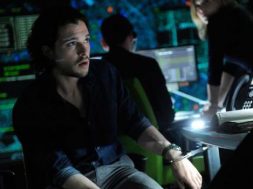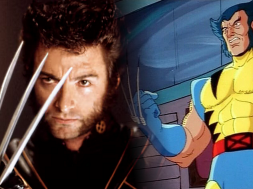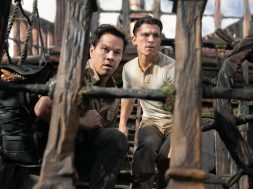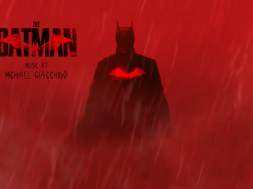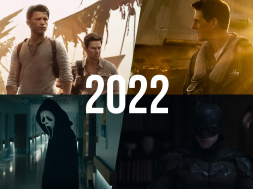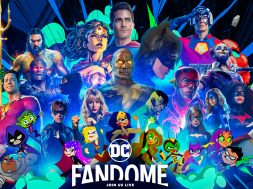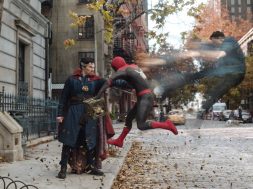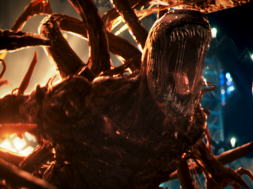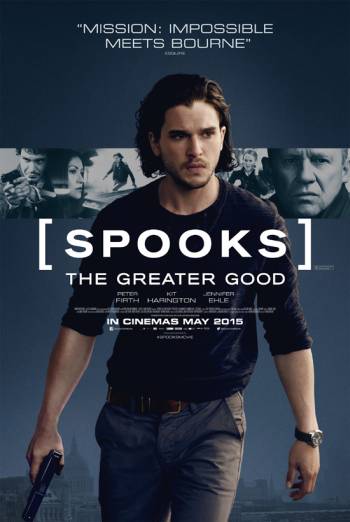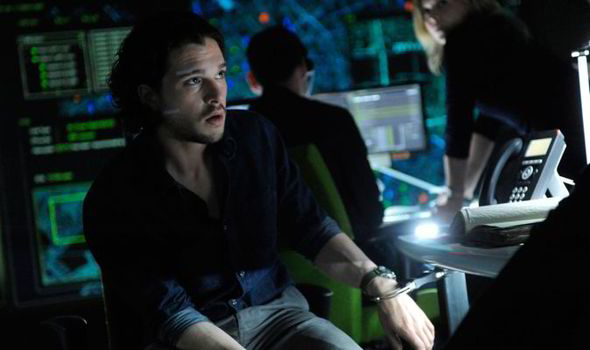
The BBC series Spooks was an amazing success for no less than a decade. By any standard, that is impressive. It was a surprise, then, that the show’s producer Kudos ended the show back in 2011: ‘Deciding to end the popular security services series “in its prime” ‘ – according to The Guardian.
It is not at all difficult to see why the show was so well-loved. It had high octane drama with challenging characters (engaging, if not wholly likeable), many of whom would be dropped without compunction or warning. Similarly disposable was the drama itself, which held you spellbound for the entirety of its duration but proved preposterous at a closer look. If you’ve yet to spot my bias, I’ll make it clear before I go on; I 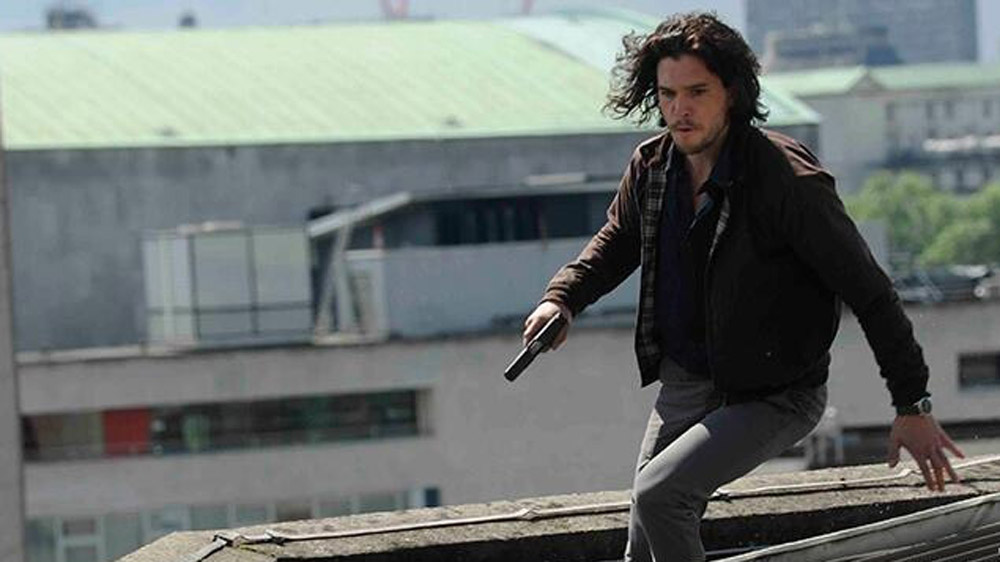 loved the show and looked forward to the movie. Still, you’ve got to keep a level head. A great TV show does not always a good film make. Not only that, the transition from the one medium to another does mean different requirements: you can’t have one big episode on-screen.
loved the show and looked forward to the movie. Still, you’ve got to keep a level head. A great TV show does not always a good film make. Not only that, the transition from the one medium to another does mean different requirements: you can’t have one big episode on-screen.
With an impressive cast (including Kit Harington; Peter Firth; Jennifer Ehle; David Harewood; Lara Pulver and Tim McInnerny) the movie was off to a good start.
[Spoiler Warning For The TV Show Spooks]
The story starts with the transportation of a charismatic, high-priority terrorist. The transport is being overseen by the Head of MI5 Counter-Terrorism, Sir Harry Pearce (Peter Firth). The convoy is intercepted by armed men on motorcycles. The failed mission and its dire implications for UK diplomacy lead Harry off-grid. To find him, MI5 enlist the help of former operative Will Holloway (Kit Harrington). However, Pearce has other ideas, asking Holloway to assist in exposing the traitor within ‘the service’ that allowed terrorist Adam Quasim (Elyes Gabel) to escape.
At the back of the drama is the looming presence of Tinker Tailor Soldier Spy (2011), curiously released the same year the TV show ended. From the outset, Spooks: The Greater Good is treading the same ground as the Tomas Alfredson movie that surprised audiences the world-over three and a half years ago. Like Tinker Tailor, this movie features double bluffs, double crosses, hidden intentions, differing agendas, cryptic dialogues and misdirection. Yet, owing to the need to transition from one medium to another (TV to movie), the resultant film is forced to compete (knowingly or not) with Alfredson‘s highly stylized work. To say the film is televisual is not to make a value judgement of one medium over another, but it does indicate that the film is occasionally out of place, especially with the company it keeps.
However, any issues of form that one may have are set against the performances, all of which are on point. I used to joke with friends and housemates about Harry Pearce, my consistent Man Crush Monday. Here, Peter Firth is on sparkling form as my MCM.  Haggard and stubborn, Sir Harry occupies the grey space that matches the dreary London backdrop, the defeated but belligerent epicenter of a nation in post-colonial decline.
Haggard and stubborn, Sir Harry occupies the grey space that matches the dreary London backdrop, the defeated but belligerent epicenter of a nation in post-colonial decline.
Next to him, we have Holloway, the disillusioned young man that still clings to the vestments of idealism, though he’d never admit it. It might be expected that Kit Harrington is suited to bringing such a character to the big screen following his tenure on Game Of Thrones. Even so, Harrington and Firth spark off each other with great effect, as two men at different times of life: one, a frustrated idealist that lacks direction; the other, a defeated idealist that opts for pragmatism and soldiering on.
Meanwhile, David Harewood and Tim McInnerny are excellent as bristling diplomat and supercilious spymaster.
That being said, the main reason the film works is because it gets what was great about the show. Much like its precursor, the film is about the moral tensions of impossible decisions. The major twists of the plot lead to a decision that Harry makes without hesitation. When it is revealed, the young Holloway is uncomprehending. Harry makes a decision that leads to the loss of many innocent lives. His rationale is simple: unable to prevent collateral damage, he elects to limit it. Some cynics might say the dialogue in Holloway’s confrontation is on the nose: the good die young; the ruthless endure. On the other hand, some will have the good will to let it slide (I have confessed by prejudice, so to gauge it accurately might be to hope too much). In any case, if you liked the TV show, you will like the film. And, if you did not watch it, you have the luxury of letting the plot wash over you, staying power not withstanding. Enjoy!
An able adaptation with twists and tension to spare. 7/10
